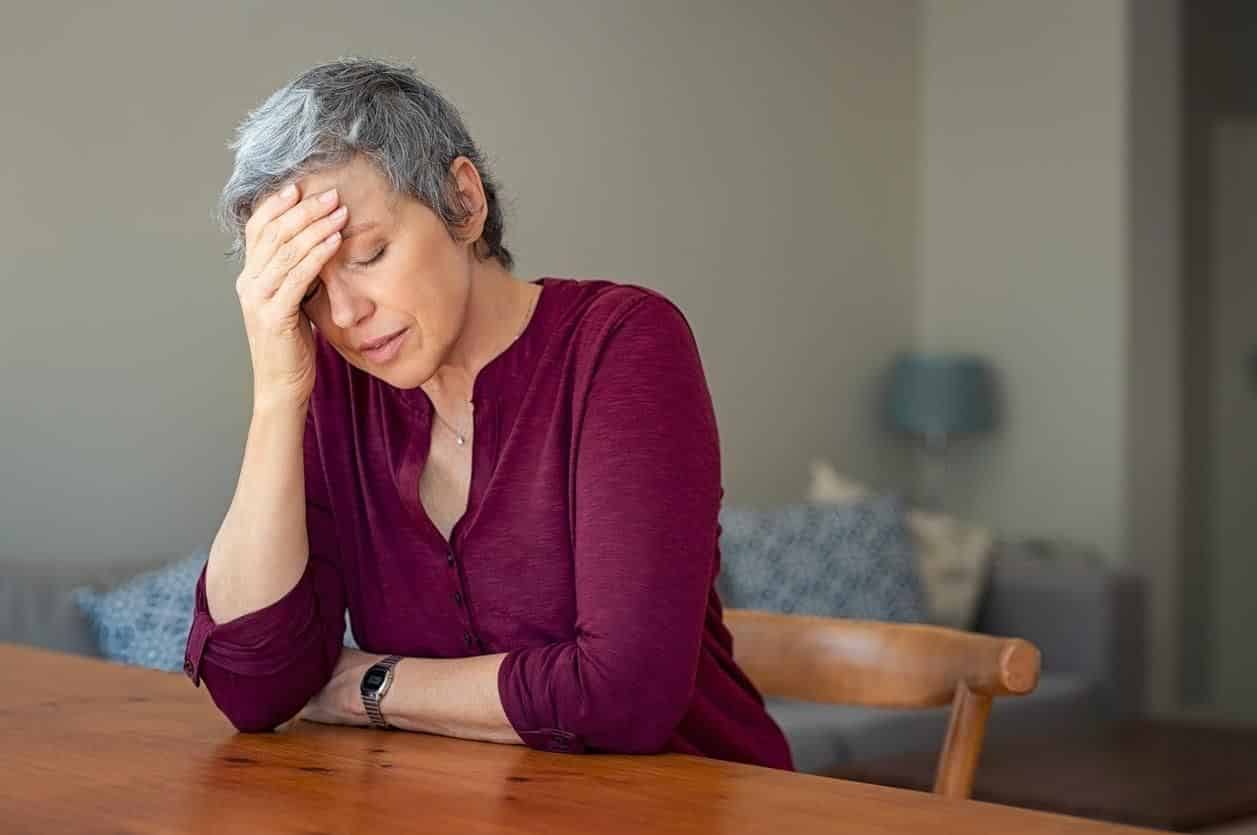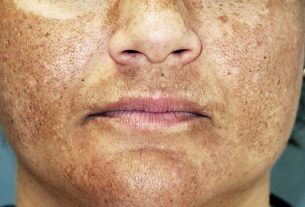Menopause marks the end of a woman’s menstrual period, but this is accompanied by several symptoms and changes in her life.
There is a lot of talk about menopause, but not everyone knows exactly what it is and what it means for women. Menopause is nothing more than the natural interruption of menstruation, that is, the end of your fertile period. This happens because the female hormones, estrogen and progesterone, stop being produced by the ovaries.
Therefore, menopause is inevitable. It will happen to all women. Generally, the last menstruation occurs between 45 and 55 years of age, which may vary from woman to woman. In addition, there is also early menopause, which occurs before the age of 40, and late menopause, after the age of 55.
Despite being natural, menopause involves a series of changes in a woman’s life, including some very uncomfortable symptoms that can affect the quality of life. However, there are ways to alleviate these discomforts and have a healthy and fulfilling life.
Therefore, today we will better understand what menopause is, its symptoms, causes and, most importantly, how to deal with it.
What is menopause
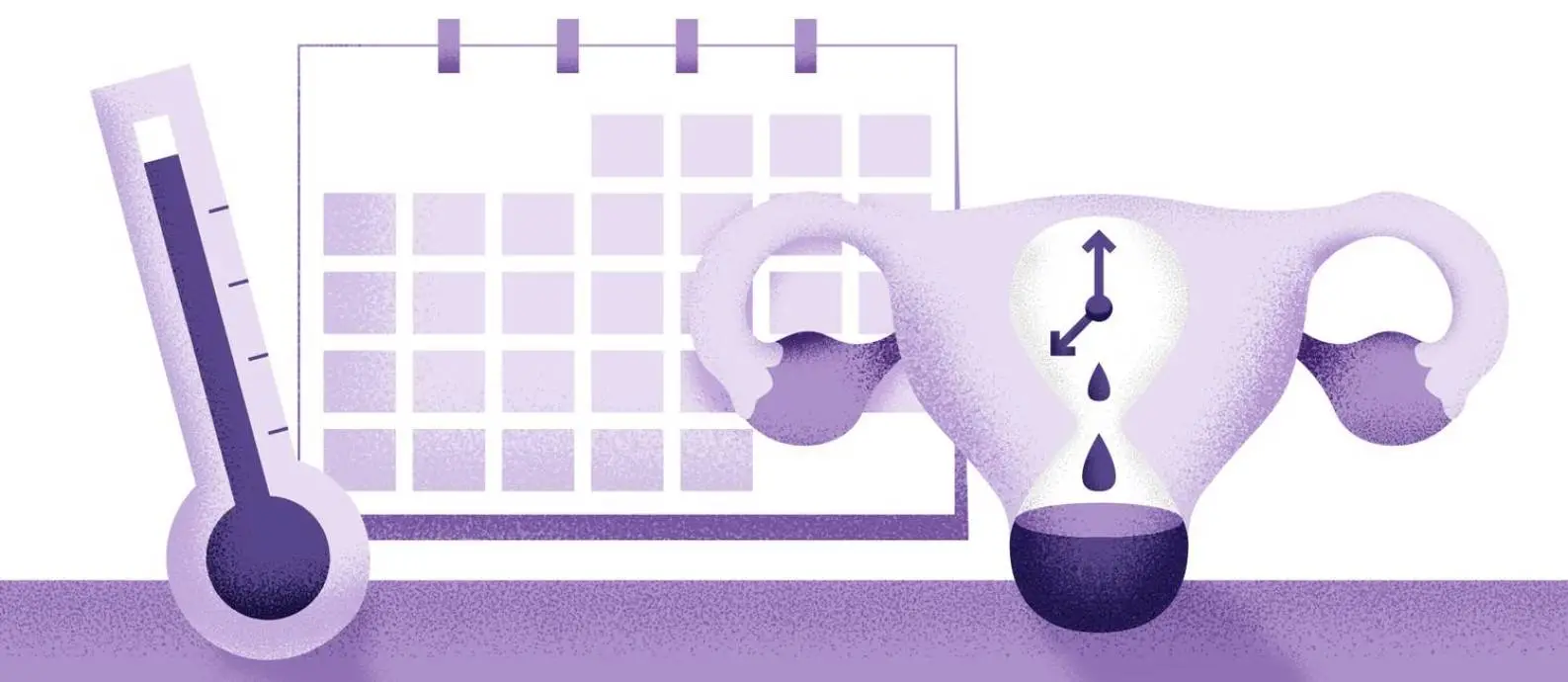
First of all, you need to understand that menopause is normal and is part of a woman’s natural life cycle. Just like menstruation, which even during puberty marks the beginning of your reproductive period, menopause marks the end.
Menopause marks a woman’s last menstrual period, usually after the age of 45. It is confirmed after a consecutive year without a menstrual period. Therefore, this means that the woman has completely exhausted her supply of eggs, which have been released over the months since puberty until now.
After the complete cessation of menstruation, the woman enters the so-called climacteric, the most troubled period of female life. The word climacteric means exactly “critical phase” and this is when women suffer most from the symptoms of menopause, which can last until post-menopause. The climacteric marks the transition phase from the reproductive phase, that is, the menstrual cycle, to the non-reproductive phase, postmenopause.
Thus, the main characteristic of the climacteric are the physical and emotional transformations that women go through, as a result of the decrease and imbalance in the production of female hormones. Furthermore, during this phase, there is an increase in the risk of cardiovascular diseases, such as high blood pressure, diabetes and dyslipidemia, as well as the occurrence of osteoporosis and some types of cancer, such as breast and ovarian cancer.
Early menopause
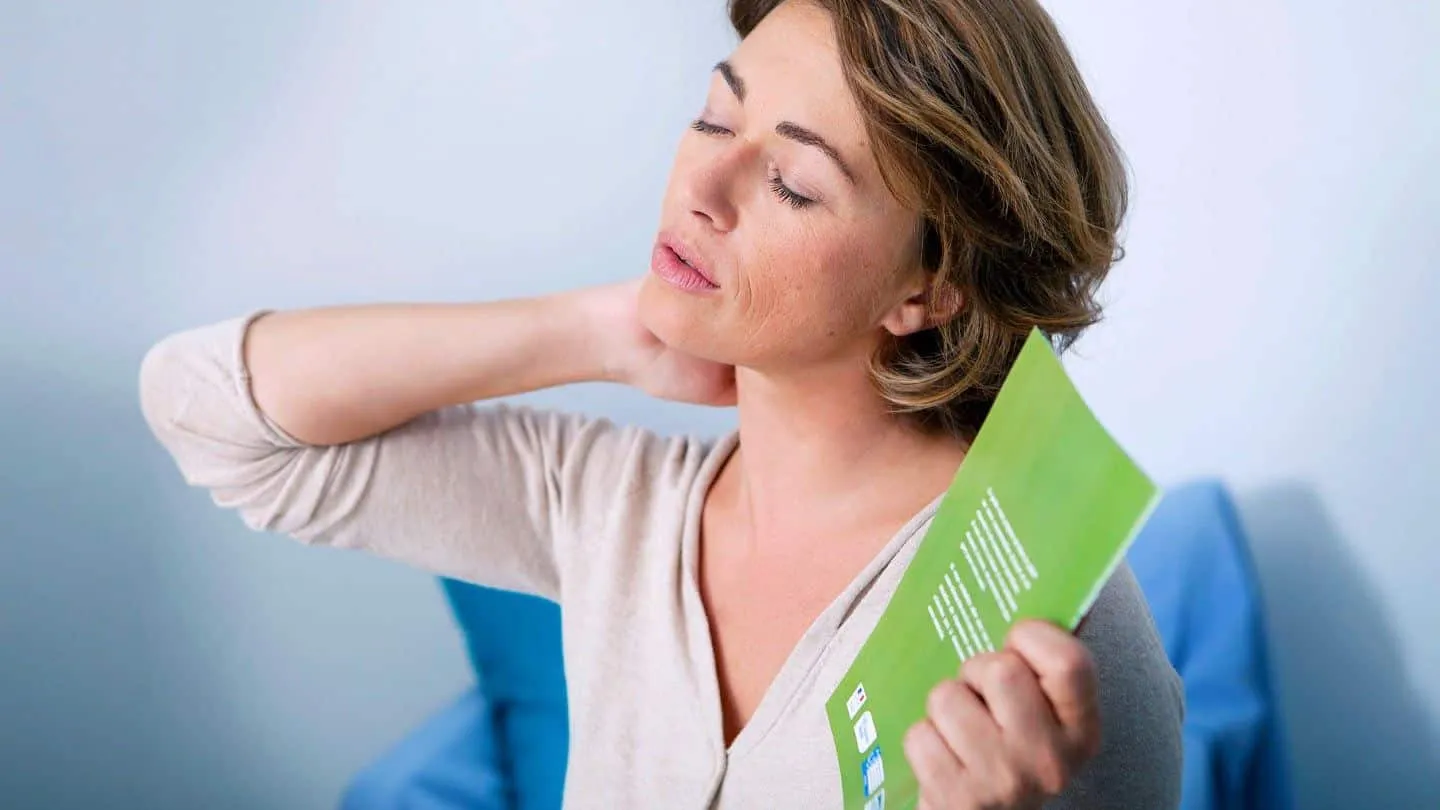
Menopause is expected to occur in a woman’s life after the age of 40, being more common between the ages of 45 and 55. However, each female organism works in a different way, and this can occur before or after this age. When it happens before the age of 40, it is considered early menopause, and when it takes longer to happen, around the age of 55, we have a case of late menopause.
Around 1% of women experience what is called early menopause, when menstruation stops before the age of 40. Therefore, the first signs of menopause are the irregularity of the menstrual cycle, as well as a decrease in flow. However, these signs are not as noticeable in the case of women who take contraceptive pills.
The cause is almost always unknown, but some scientists point out that genetics may be a determining factor in the case of early menopause. Therefore, the age at which a woman enters menopause may be linked to the age at which her mother and other women in the family had their last menstruation. But in addition, treatments such as chemotherapy, use of medications for acne, ovarian cysts and autoimmune diseases can also influence the occurrence of early menopause.
In these cases, more effective gynecological monitoring may be necessary. And when there is no contraindication, hormone replacement may be indicated.
Menopause symptoms
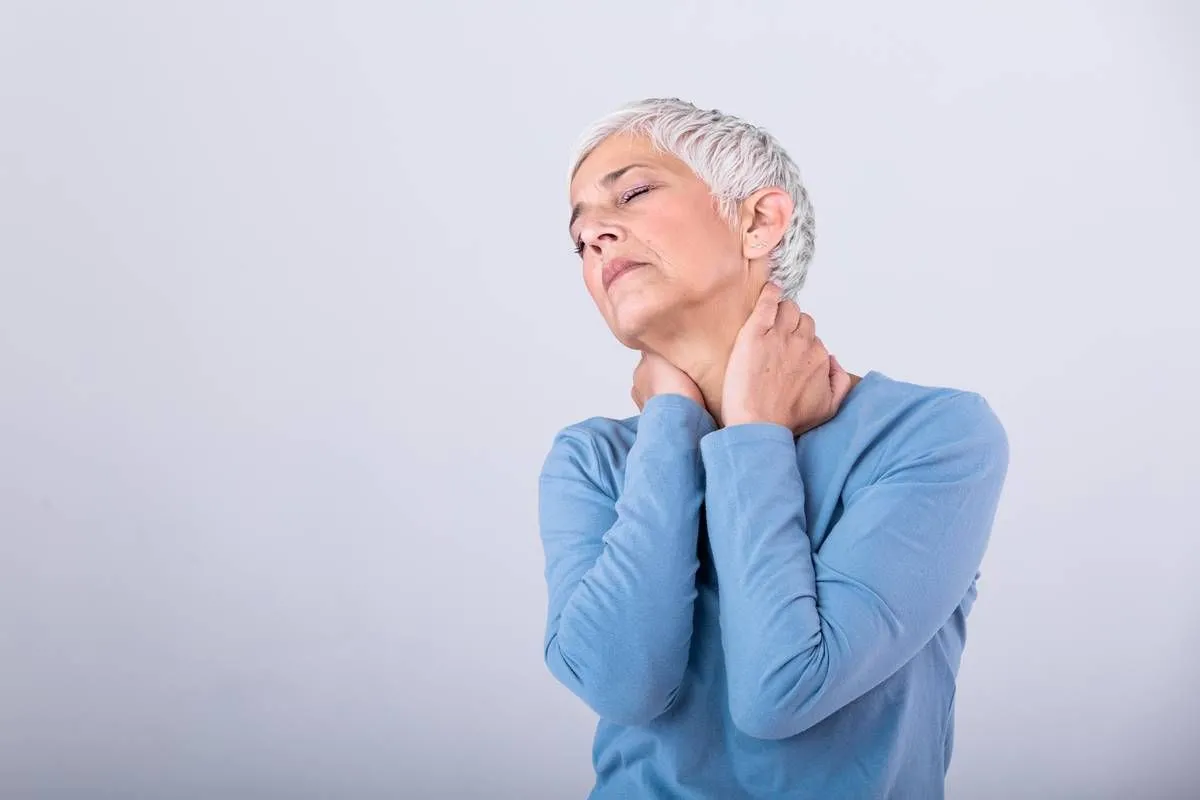
One of the main questions women have is how to know if they are entering menopause. The best way to know this is to observe the initial signs. The symptoms that mark the beginning of menopause are very similar to those of PMS, however, much more pronounced and prolonged. Therefore, symptoms include:
- Menstrual irregularity;
- Change in menstrual flow;
- Strong heat waves;
- Insomnia;
- Constant changes in mood;
- Memory loss;
- Decreased libido;
- Palpitations;
- Vaginal itching and dryness, which can cause discomfort during sexual intercourse;
- Night sweats;
- Weight gain;
- Decreased ability to concentrate;
- Frequent headaches or migraines;
- Slowing down of metabolism;
- Depression, anxiety and irritability;
- Reduction in breast size and loss of firmness;
- Decreased skin elasticity;
- Increased bone porosity.
However, it is important to remember that at this stage, the woman may present several of these symptoms, isolated or together. This varies greatly from woman to woman, but the most common are hot flashes and decreased libido.
Causes

So, as we have seen so far, menopause is something that happens naturally in a woman’s life due to a decrease in hormone production. However, other factors may be related to menopause, especially early menopause.
Decrease in hormones
This is the main and inevitable cause of menopause, the natural decrease in reproductive hormones. Therefore, as we approach 40, the ovaries begin to produce less estrogen and progesterone, that is, the hormones that regulate menstruation. Consequently, there is a considerable decrease in fertility. And then, after this age, menstrual periods tend to be more irregular, until finally the ovaries stop producing these hormones permanently.
Removal of the uterus and ovaries
Hysterectomy is surgery to remove the uterus, which may or may not remove the ovaries as well. So, when the ovaries are not removed, immediate menopause does not occur, even if you no longer have menstrual periods, the ovaries continue to release eggs and produce estrogen and progesterone. However, when you remove the uterus and ovaries, menopause occurs immediately.
Chemotherapy and radiotherapy
Both chemotherapy and radiotherapy are treatments indicated to combat cancer, but they can end up inducing early menopause. Therefore, the main symptoms of menopause may appear shortly after treatment, especially hot flashes.
Ovarian failure
Ovarian insufficiency is a condition in which the ovaries no longer produce normal levels of reproductive hormones, which may be caused by genetic factors or autoimmune diseases. Therefore, it may be one of the causes of early menopause.
Treatment

Menopause is a natural process of the female body, therefore, in most cases there is no need for therapeutic interventions. However, depending on the severity of the symptoms or in the case of early menopause, hormone replacement treatment may be indicated to improve the patient’s quality of life.
Hormone therapy or hormone replacement is a medical treatment that replaces the hormone estrogen, or a combination of estrogen and progesterone. This is the most effective option for treating hot flashes.
However, this treatment is not recommended for all women, as many may have some contraindication such as: having already suffered a heart attack, having compromised coronary arteries, having liver disease, having had breast or endometrial cancer, having a history of cerebrovascular disease or have uncontrolled hypertension.
Additionally, some types of hormone replacement therapy are linked to other health complications, such as increased risk of breast and colon cancer, cardiovascular disease, and fractures. Therefore, before opting for this treatment, you must take into account all the risks and evaluate the need with your doctor.
Care for this stage of life

It is important to remember that both menopause and climacteric are not diseases, but natural occurrences in female life. But despite this, it is not always easy to deal with all these changes, after all it is a transition phase and profound hormonal fluctuations that require special care and attention. And yes, it is possible to have a full and healthy life at this stage of life.
To achieve this, the recommendation is clear: maintain a healthy lifestyle. Therefore, health care must include:
- Practicing regular physical activity;
- Drink plenty of water;
- Have a healthy and balanced diet, rich in fruits and vegetables;
- Avoid the consumption of processed foods and trans fats;
- Do not smoke;
- Reduce salt consumption and control blood pressure;
- Limit the consumption of alcoholic beverages;
- Maintain good calcium levels;
- Sunbathe regularly;
- Keep appointments with the gynecologist up to date.
Anyway, what did you think of this article? In fact, take the opportunity to also check out Menstruation twice – Possible causes for it to happen in the same month.
Sources: Gineco Hilab Minha Vida
Images: Viva Bem O Globo São Bernardo Blog Dr. Juliana Ribeiro Lifestyle at Minuto BNT Dr. Consultation

Sign up for our newsletter and stay up to date with exclusive news
that can transform your routine!
Warning: Undefined array key "title" in /home/storelat/public_html/wp-content/plugins/link-whisper-premium/templates/frontend/related-posts.php on line 12
Warning: Undefined array key "title_tag" in /home/storelat/public_html/wp-content/plugins/link-whisper-premium/templates/frontend/related-posts.php on line 13

